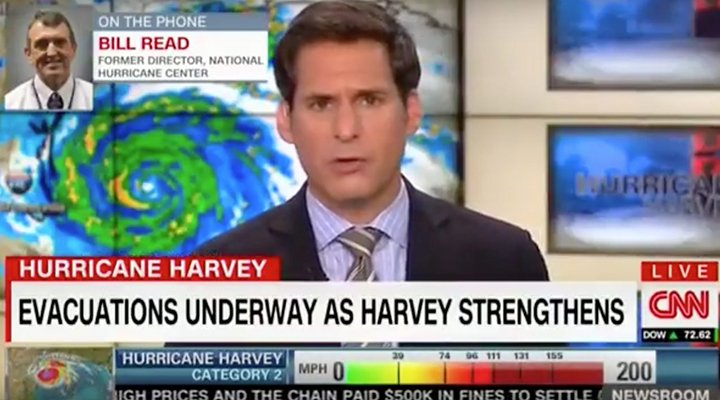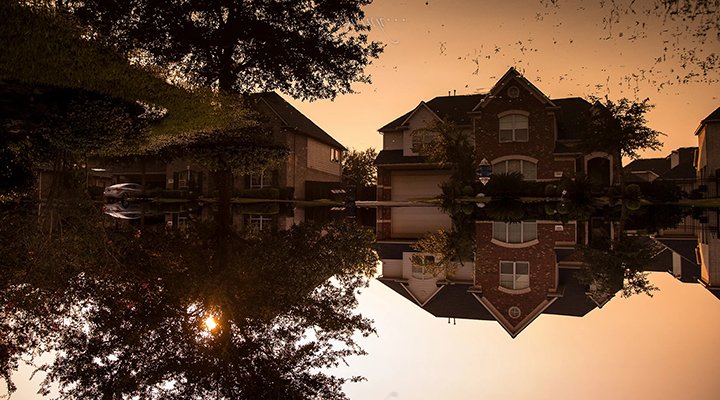Regardless of how your home came to be damaged or destroyed, as a policyholder you want to know that the limits of your policy will cover the damages that your home endures. Typically, your insurance company will recommend to you a certain threshold based on the structure of your home that is composed of numerous aspects, but as a homeowner, it is essential to get educated on the various elements that come into play when evaluating the limits of a policy. As someone who is insured, you want to make sure that the proper structural coverage is protecting your home in case of any disaster to your house. Wouldn’t it be stressful and frustrating to know that you have to pay for reparations yourself? Our best public adjusters in Miami understand that feeling and would never want to see anyone have to go through that. As someone who pays for insurance, you should be covered adequately.
Factors That Work with Limits on Your Policy
We want to educate you all on the elements that should influence the limits set in your policy. Below will be listed some factors that can help you determine just how many limits you will need by taking the following into account:
- How many square feet does the property have?
- How much is the costs of construction in your area?
- What style does your home have? (Is it colonial? Or other?)
- What type of materials are the outside walls made of?
- How many bedrooms and bathrooms does it have?
- What materials are present on the roof?
- Are there any sheds or garages?
- Are there any special features like a fireplace?
- Was it custom built?
- Are there any add-ons like extra a bathroom?
- Have there been any renovations to your kitchen or bathrooms?
- Is your home older? Making it hard to recreate older materials?
- Is it up to code?
Being a homeowner could be an advantage, but a lot of research has to be done as one who does not want to unnecessarily have to pay for repairs that could have been avoided. These above elements and questions should be addressed when deciding how many limits you must place on your policy. You want to make sure that you have enough to cover every aspect of your home. A fundamental reality that we often emphasize here at the Miami insurance adjusters is the importance of reading your policy and seeing through the fine print. Take the time to conduct your research, consult a skilled public adjuster if you believe you are low-balled, and never wait until the last moment to file a claim, the faster it is done, the fewer problems will come.




